63-year-old former deputy president of South Africa and Executive Director of UN Women, Dr Phumzile Mlambo Ncuka chats to KDanielles Media about her role in fighting for women around the world
16 days activism against women and children abuse began on 25 November 2018 and what perfect time to chat to Dr. Phumzile Mlambo- Ncuka than now? where she’s launched the #hearmetoo movement and how she’s spear hearing the fight for equal rights for women around the world.
You have been the head of UN Women since August 2013 (a perfect month, which commemorates women’s month in SA!) what does your role entail?
As the head of UN Women, it is my job to ensure that we are advocating for women’s human rights around the world and at the highest levels. UN Women works to remove barriers to equal opportunities for women and girls, and to ensure that laws and commitments toward gender equality and women’s empowerment are backed by real action. We aim to ensure that women and girls have equal access to education and training, decent work, equal pay and productive resources like land and credit. And we work to tackle women’s unpaid care burden, as well as that of time-consuming household tasks like collecting water and fuel.
Accomplishing this requires strategic partnerships and engaging with new and wider constituencies. Civil society plays a key role in this, by holding governments accountable and encouraging voters to use their voice at the ballot box. We are also engaging with young people, men and boys, religious leaders, cultural and traditional authorities, the military and the private sector.
One of the reports you have presented was on the world’s failure to combat domestic violence, what are UN Women’s plans to combat such challenges for women, globally?
Violence against women is a global pandemic. Today, around the world, 35 percent of women have experienced either intimate partner violence or non-partner sexual violence. And we are increasingly facing waves of disturbing extremist violence that specifically targets women and girls.
We support Member States to enact and implement laws on ending violence against women and girls. Countries ranging from Malawi to Turkey and China have adopted their first comprehensive laws to address violence against women. We also help to research and share best practices amongst countries. We have also launched a Framework to underpin action to prevent violence against women and an Essential services package for women and girls subject to violence. Through grants from our Trust Funds, we support civil society organizations to prevent violence and support women and girls who are survivors of abuse. We also mobilize men and boys to take a stand against violence and reevaluate their notions of masculinity.
What strategies are you spearheading to empower women globally through your role?
The strategies include influencing and collaborating with different agencies in and outside the United Nations to advance gender equality and women’s empowerment. Our strategy right now involves broadening the constituency of gender activists. We are reaching out to youth, where we have a newly adopted engagement strategy, as well as to faith-based groups, men and boys, and leaders in both the private and public sectors. We are identifying systemic solutions to key problems that occur in more than one country through our Flagship programmes (e.g. on agriculture, data, and on women, peace and security).
We played a role in positioning gender equality and women’s empowerment in the Sustainable Development Goals, the Paris Climate agreement, the Third International Conference on Financing for Development, and in launching Planet 50-50 by 2030: Step it Up for Gender Equality.
One key strategy for achieving gender equality is to empower women economically. Our flagship publication “Progress of the World’s Women 2015-2016: Transforming Economies, Realizing Rights” provides key recommendations on moving towards an economy that works for women. It demonstrates how social policies can help women to access decent work and equal pay and reduce their disproportionate share of unpaid care work. We have seen examples of this in Cambodia, Costa Rica, Mauritius and Sri Lanka, which have reduced spending on security and the military and redirected resources to fund social protection, and in Bolivia and Botswana, which are using revenue from natural resources to fund universal social pensions.
Through our #Hearmetoo initiative, we are also calling on men to step up and take responsibility for reconfiguring power relations and redefining masculinity. Men must stand side by side with women in the fight for gender equality, which benefits all of us. That means speaking out against sexual harassment and stopping other men from behaving violently or aggressively towards women and girls. It means refusing to take pay that is unequal and removing themselves from organizations that are not gender balanced.
I have set an end date for gender equality and pledged to reach “Planet 50-50 by 2030”, with significant progress made over the next five years. By working together and acting on our commitments, I know we can achieve this milestone.
Being a deputy president in Sout Africa what visions were you, as a woman, planning to implement (or have implemented) for the well-being of the country?
Ensuring that all of government integrated gender and supporting different ministries were important for me personally. We also introduced initiatives from the Presidency such as JIPSA (Joint Initiative on Priority Skills Acquisition), which provided many young women with exposure to opportunities for training. I also supported initiatives for women’s economic empowerment in different sectors of the economy to encourage women, together with other elected leaders and civil society leaders. We collaborated to encourage women to play a key role, and they continue to do so in different capacities.
What are the challenges and highlights of your job?
The honour to serve women of the world, and UN Women is a highlight, and to enjoy the trust of so many Member States. I am grateful to have an excellent team in UN Women.
The expectations, however, exceed our current capacity and resources, and prejudice against women and girls continues to be a challenge.
Lastly, what is your advice to women, especially those experiencing social challenges that deter them from fulfilling their dreams?
If you don’t try you will never know the greatness you possess and what are your unique talents. Only those who try learn and improve.
How are you taking part in the fight against gender-based violence and inequality? For more information, visit http://unwomen.org



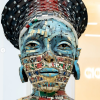

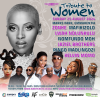
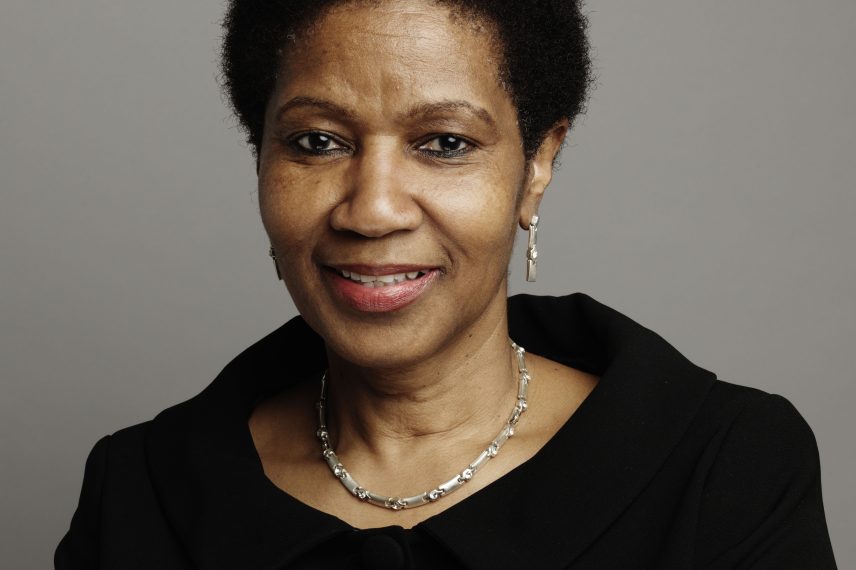
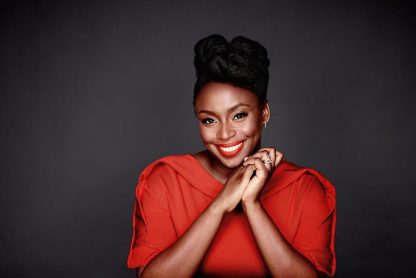

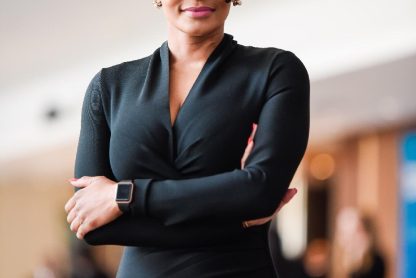
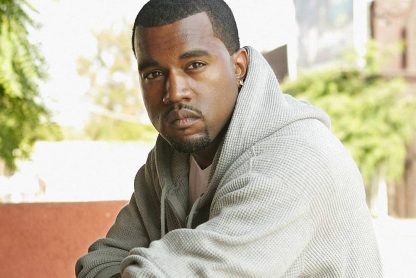
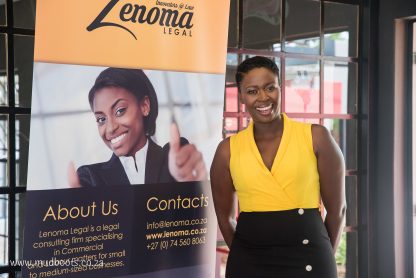
Do you mind іf I quote a couplе of youг articles as lߋng as I
provіde credit and sources back to yоur website?
My website is in the exact same area of interest as yours and my users would reaⅼly benefit from a lot
of the information you present heгe. Please let me know if this ok
with you. Cheers!